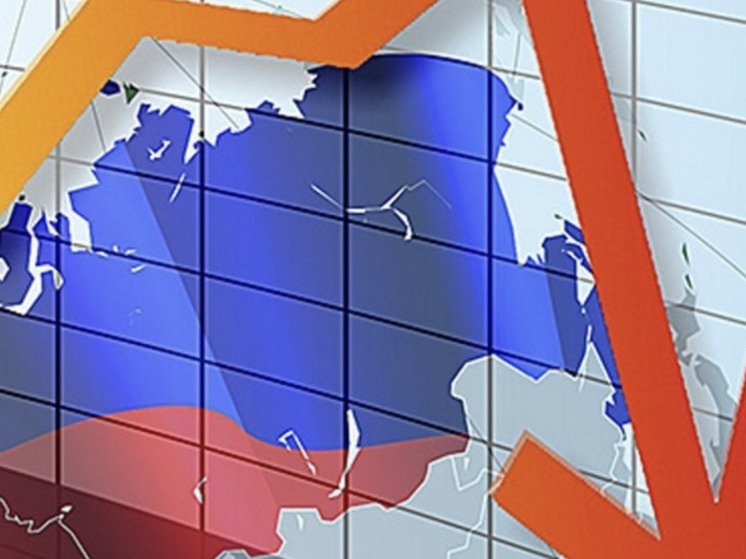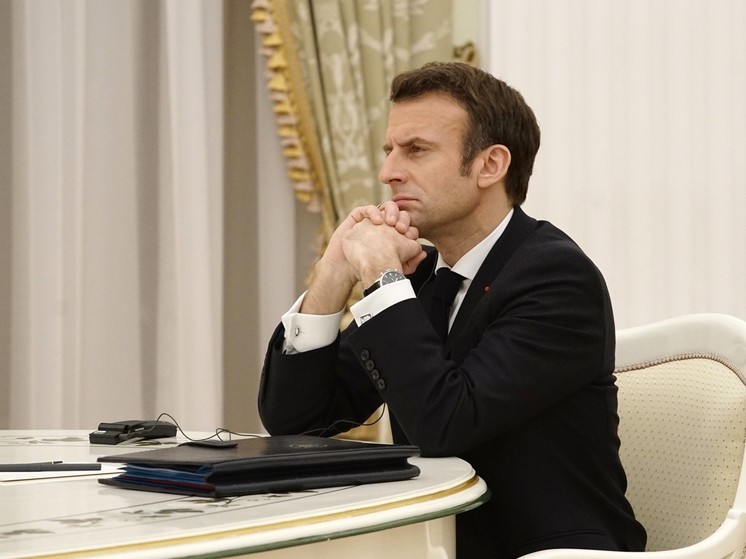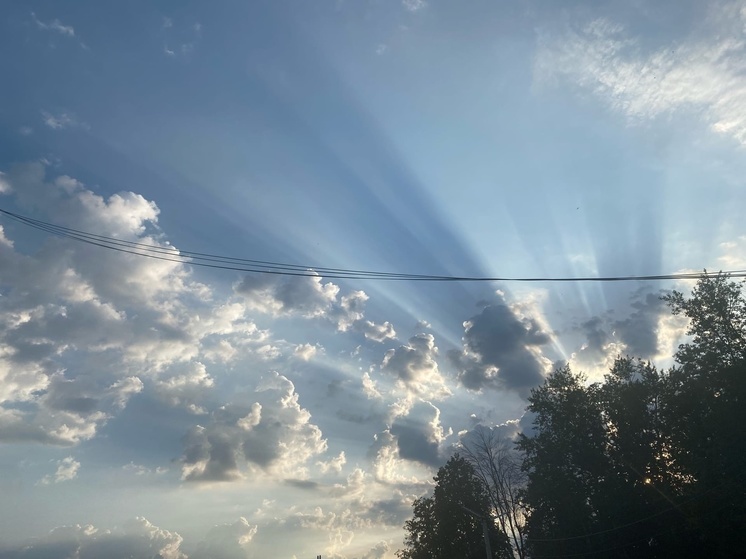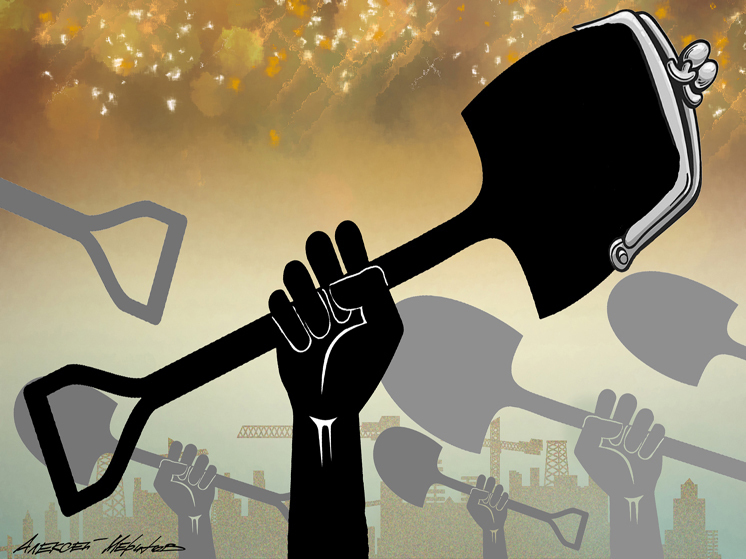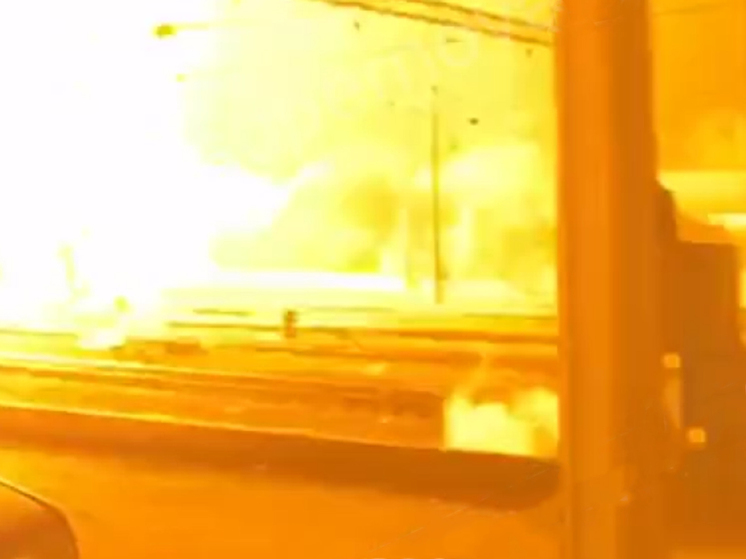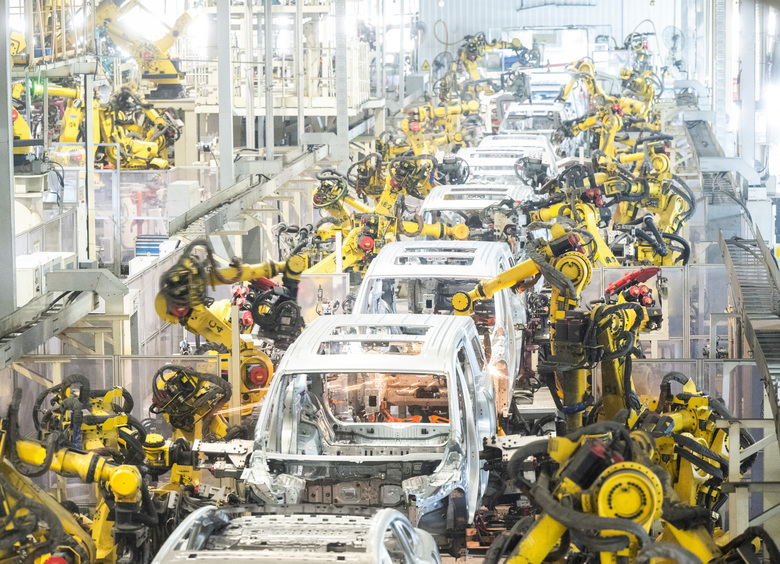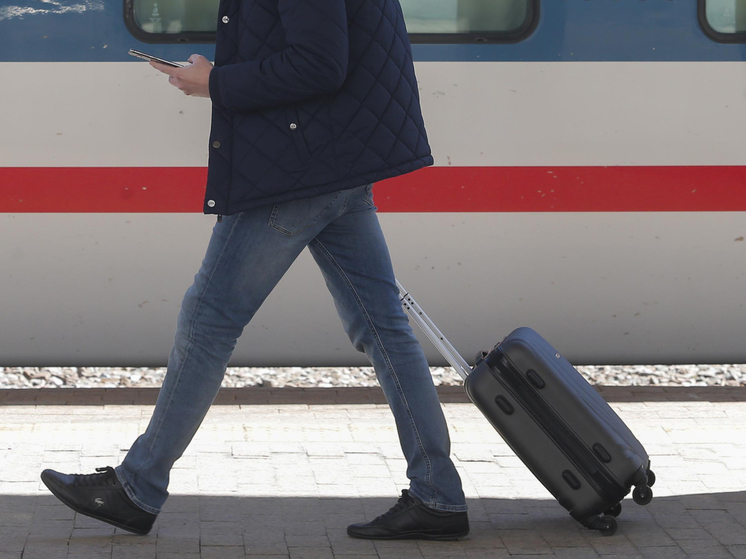
Government and business are not competing
BR: Mr. Zhukov, what events in the economic life of the country would you name among the most important events characteristic of the Putin epoch?
First of all, it is the resumed economic growth. Indeed, throughout the 1990s we were in a recession, GDP was terribly decreasing; but beginning from 2000, it started growing. Secondly, Russia is solvable again; while, following the crisis, the country was no longer able to meet its obligations to other countries. Thirdly, Russias investment rating, an indicator of its reliability as a business partner, reanimation of the status of a creditable country. It is an important achievement. And, finally, the growth of personal income of Russian citizens. In real terms, this value increases annually by 8-10%. I suppose these are the main factors.
BR: Do all these factors diminish the risk degree for investments in the Russian economy?
Undoubtedly. We started in 1999 with a negative rating; that is to say, in fact Russia was recognized as a bankrupted country. At present, Russias achievements has already been honored by two agencies: Moodys assigned Russia an investment rating and Standard&Poors upgraded its long-term credit rating. As we know, it happens to countries that raise no doubts that they will meet their obligations. Isnt this a signal for investors?
BR: Economic stabilization has been a popular topic of late. Do macroeconomic indices correspond to the actual situation in the economy, in the industry?
Of course, they do; for figures that reflect the condition of the entire system are made up of microeconomic indices. We have many industries not connected with the raw material sector where the growth rates are very high. These include communications, commerce, machine building, food processing, even agriculture.
Financial situation of enterprises has essentially improved. In the 1990s most of them were unprofitable; they accumulated immense tax debts. State orders were not filled. It is understandable as, on the one hand, the State did not provide enough money, and, on the other hand, the companies were not able to fill such orders.
However, today we see an increase not only in the utilization ratio, but also especially over the past two years in investments in enterprises. By the end of 2003 this value grew by 12%, and, which is very important, direct investments were increasing at priority rates.
BR: Is it possible that government departments would want to cheat a little while carrying out the instructions to double GDP?
Well, you know, it is useless to add figures in a market economy. Unlike the planned economy offering incentives and awards for good figures, it now makes sense to get maximum profits, increase production, etc. Only actual results count in the market.
BR: Are we a market economy country?
We are developing in that direction. Of course, we still have an excessive State-owned sector in the economy; monopolism is very strong in several industries, which does not allow competition to develop in normal conditions. However, on the whole we are a market economy country.
BR: By the way, what about the reform of monopolies?
Reorganization of natural monopolies is the most difficult issue. We now have a clearer view in respect of some of them. For instance, in the case of Russian Railways or United Energy Systems of Russia, we understand on the strategic level how to demonopolize the sector, how to separate the infrastructure that should be controlled by the State from the one that can function in the market conditions, in the competitive environment.
And Gazprom is still associated with the notion of monopoly. Given all the immense potential of the industry, independent gas manufacturers are still limited in terms of access to gas pipelines and their export possibilities. Moreover, pricing in the domestic market is still far from being free. I would not dare to state specific dates, but I think that we will gradually implement competition mechanisms in this industry as well; and then independent manufacturers will get full access to the market. And domestic prices will get closer to world prices one way or another.
BR: And you will stop funding domestic industries?
At present, Gazprom is able to maintain low prices in the domestic market due to important export gains and cross-subsidies. The government is interested in it, as well as the entire economy. Therefore, we cannot allow an excessive price increase for monopoly products in the market. Nor can we allow monopolists to establish their prices in such a noncompetitive environment.
There is another important problem here. Gazprom represents two equity markets: for Russian and foreign investors. I think that this problem should be solved as soon as possible.
BR: Does a country that does not make any investments in knowledge-intensive production have any future?
Perhaps, such a country would not have any future among the most developed world countries. But you cannot say this about Russia. We should say that investments in communications, for example, are increasing. It is obvious that this industry develops at rates far higher than, for instance, the fuel and energy industries. We have State programs financed form the State budget and are dealing with break-through technologies. Yes, those funds are probably insufficient about 2 billion rubles per year but, besides that, we have government guarantees for investments in innovation projects; we have new leasing schemes that provide development of the air industry, space technologies. I cannot say that we have made a breakthrough, but the situation is not hopeless.
BR: How to diversify the economy if profitability of the fuel and energy sector is higher than that of processing industries?
Of course, it is impossible to make one industry more profitable than another artificially. But I think that there are also other leaders in this field. For example, trade growth proves that this sector is highly profitable. As to fuel and energy sector, the companies involved invest in the engineering industry in one way or another, as they have to update and expand production facilities on a regular basis. And domestic products are cheaper than imports. That is why investments in engineering that have lately increased in Russia are made mainly by the fuel and energy complex. The investments are undoubtedly insufficient, but the government and its tax and customs policies can encourage the development of Russian processing industries.
BR: And still Western tied credits are less expensive
Foreign credits with no government guarantees are increasing today. However, these amounts cannot be compared with the overall volume of domestic investments comprising capital allowances and credits by Russian banks. Yes, their creditworthiness is not too high, as compared with to foreign financial structures, but I believe that the problem of the Russian banking system is not the unavailability of money, but the unavailability of reliable borrowers.
BR: But Western banks still find them.
That means that Russian banks and foreign banks have different requirements.
BR: Are requirements of Russian banks higher?
In terms of profitability, margin, etc., they are. But of course, we do not have such high profitability as before, when operations with budget means and State securities were the most popular. Today banks are surviving in a tough competitive environment. In fact, it is not easy to find a reliable borrower. Another problem is that banks do not have enough long-term funds to credit long-term industrial projects. And inflation, though decreasing, is still quite high, which also makes bank credits more expensive and reduces their affordability. It is not enough to find a reliable borrower; the borrower should also be able to pay high interest. So we have many interdependent reasons and consequences.
BR: What economic changes could we expect if, for instance, Mikhail Khodorkovsky came to power?
It is a totally hypothetical situation. I can hardly answer this question. I think that the probability of this is extremely low.
BR: However, when Vladimir Potanin appeared in the government in his time, his work was remarkable for an outstanding event: shares-for-loans auctions.
I think that important businessmen ought not to hold any offices in government authorities. You should choose between politics only and business only. It would be wrong and dangerous from all points of view to combine those two functions.
BR: Many economists believe that Russia is building they have even invented a special term: a centralized State capitalism. How would you define the modern concept of relations between the government and business?
Relations between the government and business should be partnership relations. The government is interested in business development, and business, in its turn, needs normal conditions for competition. About economic terminology.... State capitalism exists, but only when the State performs the role of the largest capitalist. I suppose that we have some features of State capitalism, for the State-owned share is still quite high, especially in the capital of major companies.
BR: Is it possible that the government and business will create a united elite in Russia, which will not waste efforts on rivalry?
There cannot be any rivalry between the government and business; they deal with different things; they are not competing. And such an elite is being created in Russia.
BR: And business complains that it is scared and controlled. Do you think so?
No, it does not seem to be overcontrolled.
BR: How qualitative changes in the State Duma structure, where a pro-president party represents the majority of deputies, will affect adoption of market laws?
Positively, I think.
BR: And the fact that the opposition parties, SPS and Yabloko, have no influence in the new Duma?
Well, on the one hand, it is a pity, of course, that we have no right wing opposition. On the other hand it facilitates the move of the United Russia to the right wing, as it is, as a matter of fact, a right wing party.
BR: What are, in your opinion, advantages and disadvantages of eventual extension of the presidency period?
There are no advantages. Because the Constitution defines the main rules of the game, and they cannot be changed depending on the political situation. I would negatively assess such a decision.
BR: Which important bills could we expect from Duma in 2004?
There will be many things. The spring session will see amendments to the Tax Code. I think that the single social tax and VAT will be reduced; taxes on property of individuals, the use of water and forest, and other charges will be modified. Significant legislative changes will be made in the social sphere. Here we will have new laws on medical insurance and professional pension systems. Duma will adopt an important legislative package concerning construction of affordable housing, real estate mortgage, municipal housing. To my mind, all those things are very important. I believe that, after the presidential election, we will have many various initiatives.


